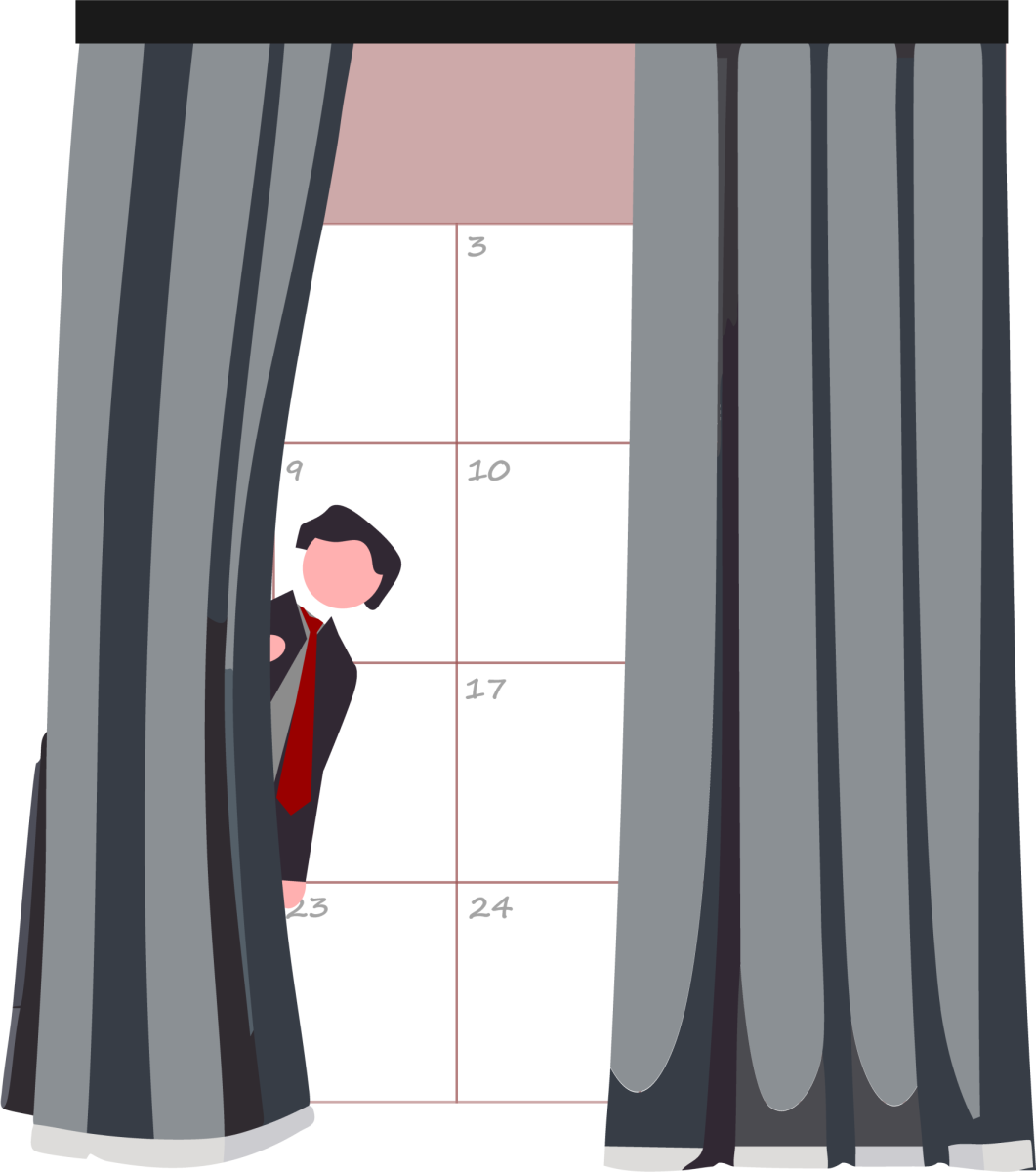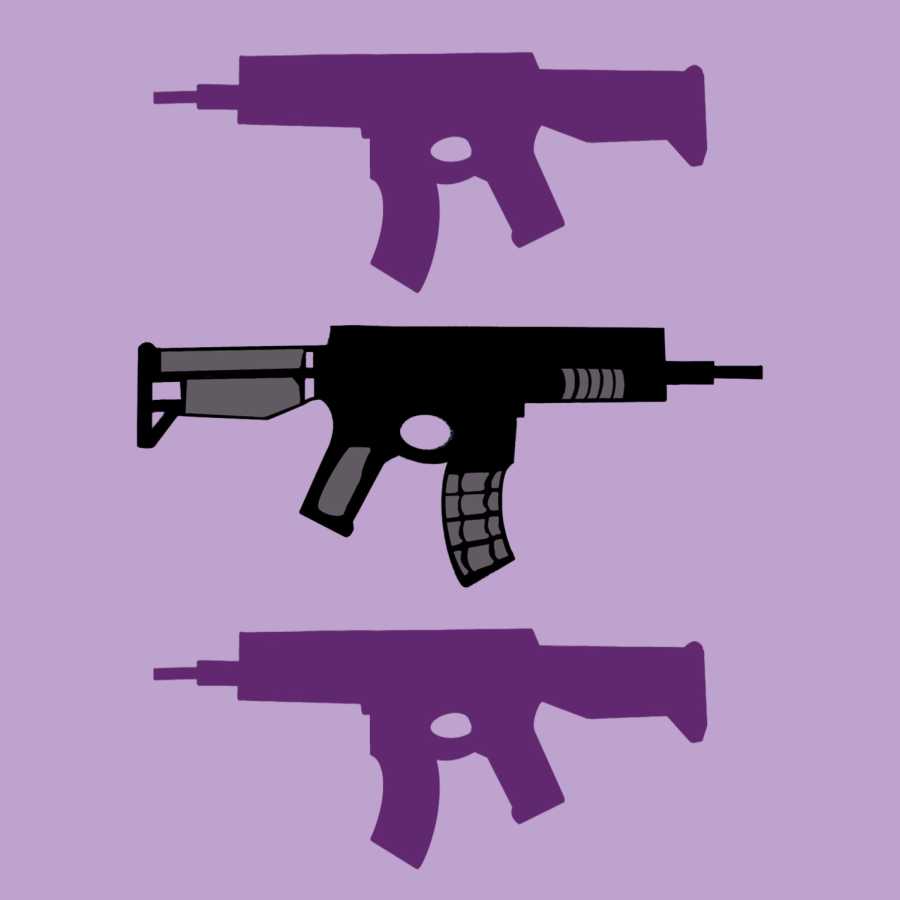As a college student studying political science, I’m used to hearing about the economy almost like it’s a game. While political parties fight over who can best get that unemployed percentage down, economists and pundits talk about whether our economic numbers have improved. Although those are definitely important indicators of economic success, people often forget that they correspond to real people that may be struggling economically. I think that, beyond the graphs, charts and talking points, we need to start thinking of the economy as a collection of people and looking for ways we can help within our own communities.
Part of the problem is that we rarely look beyond the data. We talk about improvement in terms of our gross domestic product (GDP) and the unemployed in terms of a percent. Neither of these measures really tell us much about the condition of America’s poor. A GDP increase could merely tell us that our businesses are doing better at the top level without any increase in jobs. Even a lowering of the percent of unemployed can be misleading, merely indicating that some Americans have given up the search for work and are no longer counted by the data. Most importantly, neither of these tell us about the living conditions of Americans or the available community and governmental safety nets in place for those struggling.
The problem isn’t just that this data can be misleading from the perspective of the average American. Rather, this data can cause us to lose focus on what matters in our economy. Policies can appear to be good when they make the stats look better without actually improving things. As an example, the welfare reform bill Temporary Assistance to Needy Families appeared to be successful after it reduced the number of families relying on government assistance. A closer look revealed that after the bill was implemented extreme poverty doubled.
What does an economic perspective that cares about the situations of people — a human side of economics — look like? For starters, it is sure to take note of the percentage of Americans in poverty and the federal poverty line, as imperfect as it may be, might help us with that. In addition, it would look at the levels of homelessness, foreclosure and job loss, things that can get missed when we look at overall economic outcomes but that are good indicators of how many Americans are struggling. Finally, it would be sure to take a look at standard of living and the availability of social assistance, to get a sense of just how bad that struggling is.
This is not to say that there is no use for a standard economic analysis, but we have to remember what it is supposed to mean. When you measure an aspect of the economy without continually putting it in social terms, you forget the purpose of the economy in the first place. If the economy is about the people in it, it makes sense that our numbers-centric view can leave people behind. We might expect that a bigger focus on communities could improve how we deal with poverty.
Most importantly, an economy put in terms of people would encourage students to reach beyond their studies into the community to make a difference. A policy proposal to fix unemployment could take years to implement, and may end up not reaching the communities most in trouble. Volunteering, on the other hand, can help communities out almost instantly. This kind of charity work doesn’t have to be complicated or even incredibly time-consuming. Imagine taking a little bit out of the portion of time you spend watching political discussions about the economy, and using it to help the poor. An afternoon of volunteering can do more than months of studying if it is directed at those who need it the most.

















